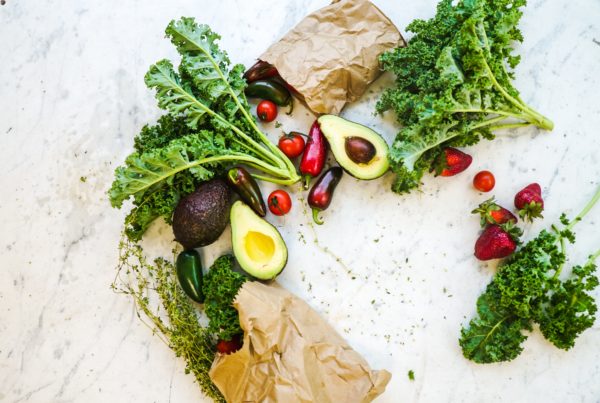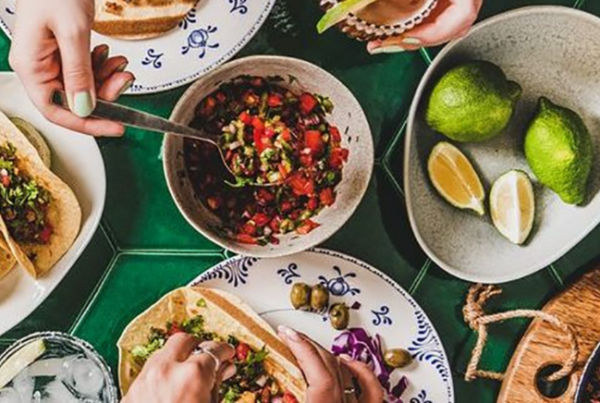If you really think about it running is an amazing sport. You move your arms and legs in the same motion (for the most part) while keeping the rest of your body as upright as possible, always trying to keep your center of gravity. As simple as this may sound, when you’re put on a starting line there are massive physical obstacles ahead that your body has to overcome on a cellular level in order to keep those muscles moving.
Pre-race meals are critical in finishing a race to your fullest abilities. If you want to really “leave it all on the track” then you should understand the science behind pre-race eating. Glycogen is a form of carbohydrates stored in your muscles and liver, they are the most easily accessible form of energy in our bodies. During a marathon or longer run, the body will count on glycogen and fat to feed the muscles. First it burns through the glycogen stores then turns to fat, which takes longer to turn into energy. This chemical process slows the body down immensely. Runners know this as “hitting the wall”. The proper pre-race fuel can help us prolong or avoid this wall all together.
A lot of us have heard of carbo-loading the night before a race, but in reality athletes don’t fill their glycogen storage by just eating one meal of carbs. An athlete’s body requires a larger intake of carbs 2-3 days prior to a race. With each gram of stored carbohydrate your body will also be able to hold an extra 3 grams of water.
The best technique is to start testing out different carbs months prior to your race date, so you can find out what agrees with your stomach and what doesn’t. No human is the same, so our diets won’t be either. Come race week, you’ll know your eating plan, be able to easily incorporate your carbs, cut out high fat food and ensure the most success for yourself.
These carbs can take the form of whole grains (rice, steel cut oats, quinoa, juice, pancakes, bagels, bread, and yogurt. Choose fruits that are low in fiber and high in carbs like bananas. Or go skinless! Skinning apples, peaches and pears cuts down on the fiber content. With these eating habits in place, your body should be around 90% full of glycogens! The key, is NOT to over eat, you want your body to be able to digest its carb fuel before race day, leaving your body feeling replenished before and after your race. Pre-race carbs eaten in moderation will get you to the finish line feeling like the accomplished runner you are.




